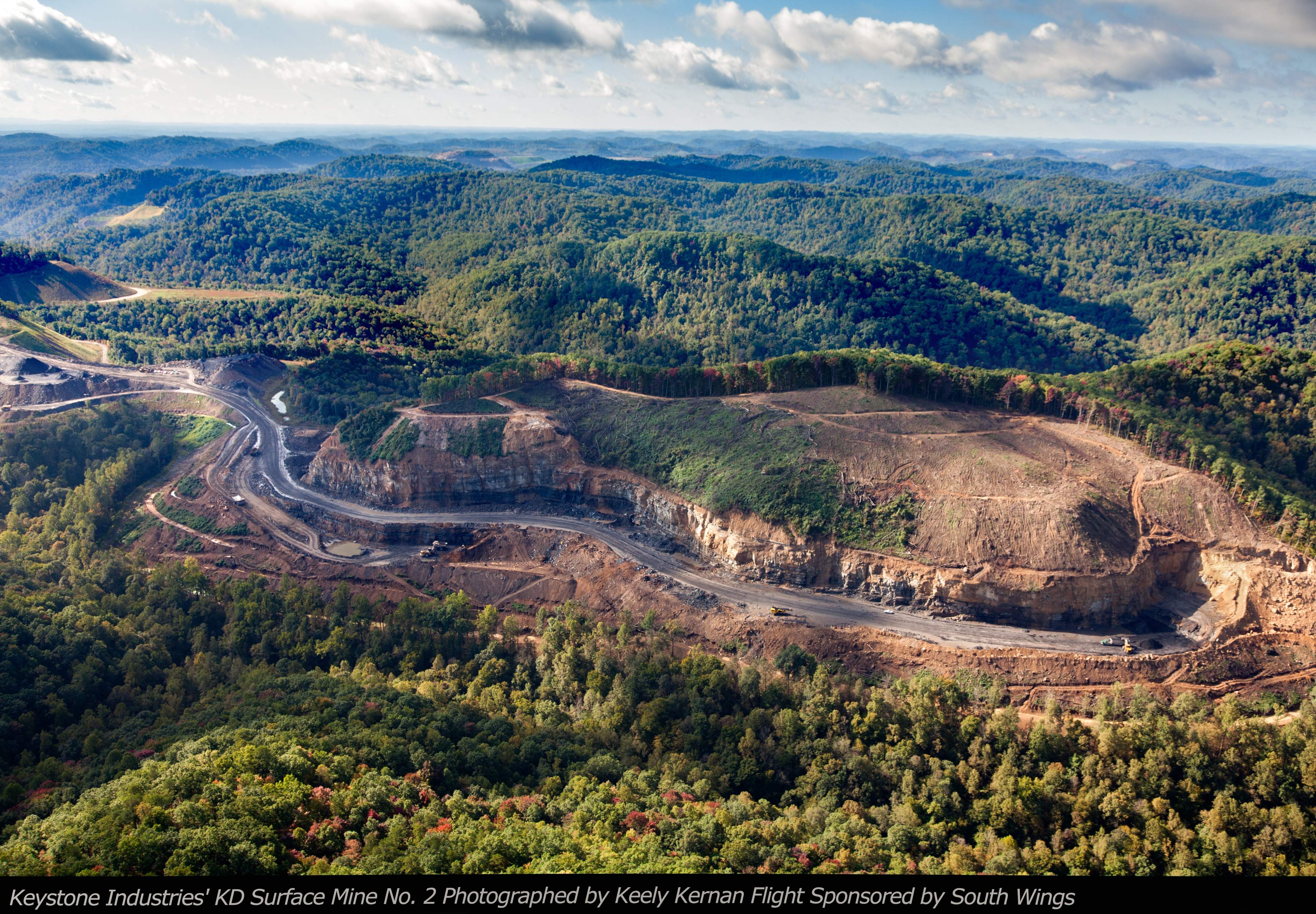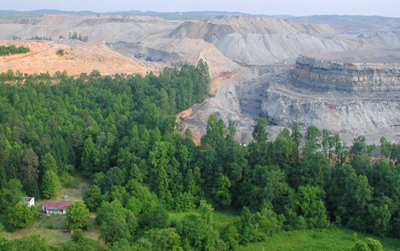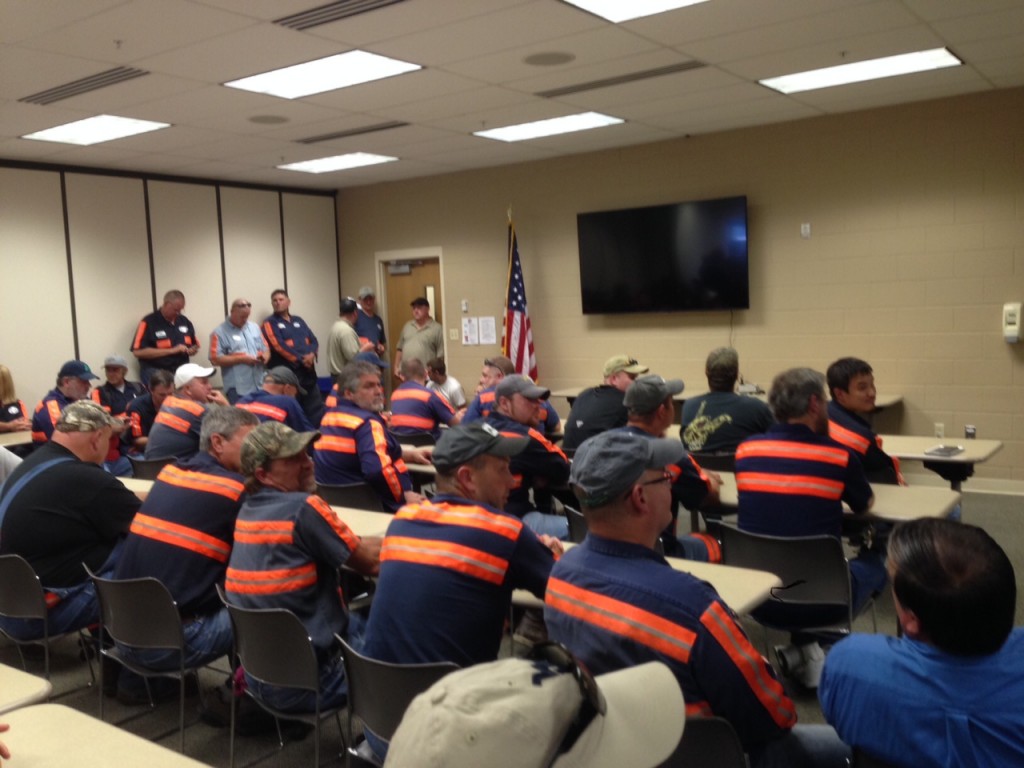Celebrating hard-fought coalfield victories is good, but learning long-term lessons would be better
August 26, 2016 by Ken Ward Jr.
Sometimes victories are so rare for the people of the coalfields that it’s tempting to jump on just about anything to try to celebrate some movement forward. At least it seemed that way this last week or so.
Take the announcement on Monday by the Kanawha Forest Coalition, described in the Gazette-Mail by Rick Steelhammer:
A two-year struggle by the Kanawha Forest Coalition to halt a strip mine operating adjacent to Kanawha State Forest has ended in a bittersweet victory for the citizens group, after the West Virginia Department of Environmental Protection ordered a permanent end to mining at the Kanawha Development No. 2 Mine.
Under the terms of a DEP consent order signed late last month after a year of negotiations between the coalition and the permit holder, Keystone Industries of Jacksonville, Florida, “no additional mineral removal activities may occur” on the 413-acre surface mine permit. “Activity is exclusively restricted to actions necessary to achieve phased release of the permit,” including rebuilding sediment ditches that are leaking or that contain acidic material, and mapping the locations of containment areas for selenium-bearing or acidic materials, according to the consent order.
Bittersweet for sure. On the one hand, this situation certainly showed how citizens can play a vital role in enforcement of the federal surface mining law. And how DEP– in this case especially its inspection and enforcement staff — can do right by the citizens, especially if the citizens focus on the science and the law and are honest advocates, playing it straight with the many allies they have inside the agency, and don’t let up.
But the question that can’t be avoided here — not if any lesson is to be learned — is why in the world did the DEP issue this permit in the first place? Citizens opposed the permit. They appealed it. They warned that something about like what ended up happening was likely to happen if DEP pushed forward.
 Hopefully, DEP Secretary Randy Huffman is asking his staff some hard questions about how the permit review process — not to mention the appeal process (in which sometimes agency lawyers act like they’re defending a murder case, making the litigation far more adversarial than it need be, given that the public is the ultimate client) — was handled in this instance.
Hopefully, DEP Secretary Randy Huffman is asking his staff some hard questions about how the permit review process — not to mention the appeal process (in which sometimes agency lawyers act like they’re defending a murder case, making the litigation far more adversarial than it need be, given that the public is the ultimate client) — was handled in this instance.
DEP staff are human and can make mistakes (like writing congressional testimony that throws environmental justice under the bus or advocating a rule that cuts off important avenues for public involvement, or underestimating public concern about or forgetting the long history and context of a rulemaking about cancer-causing chemicals in our rivers and streams) that aren’t always the result of politics or agency capture or something like that. Sometimes DEP officials just disagree with citizens, though – and sometimes citizens don’t do as good of a job as they might making their case.
Continue reading…

 Subscribe to the Coal Tattoo
Subscribe to the Coal Tattoo













